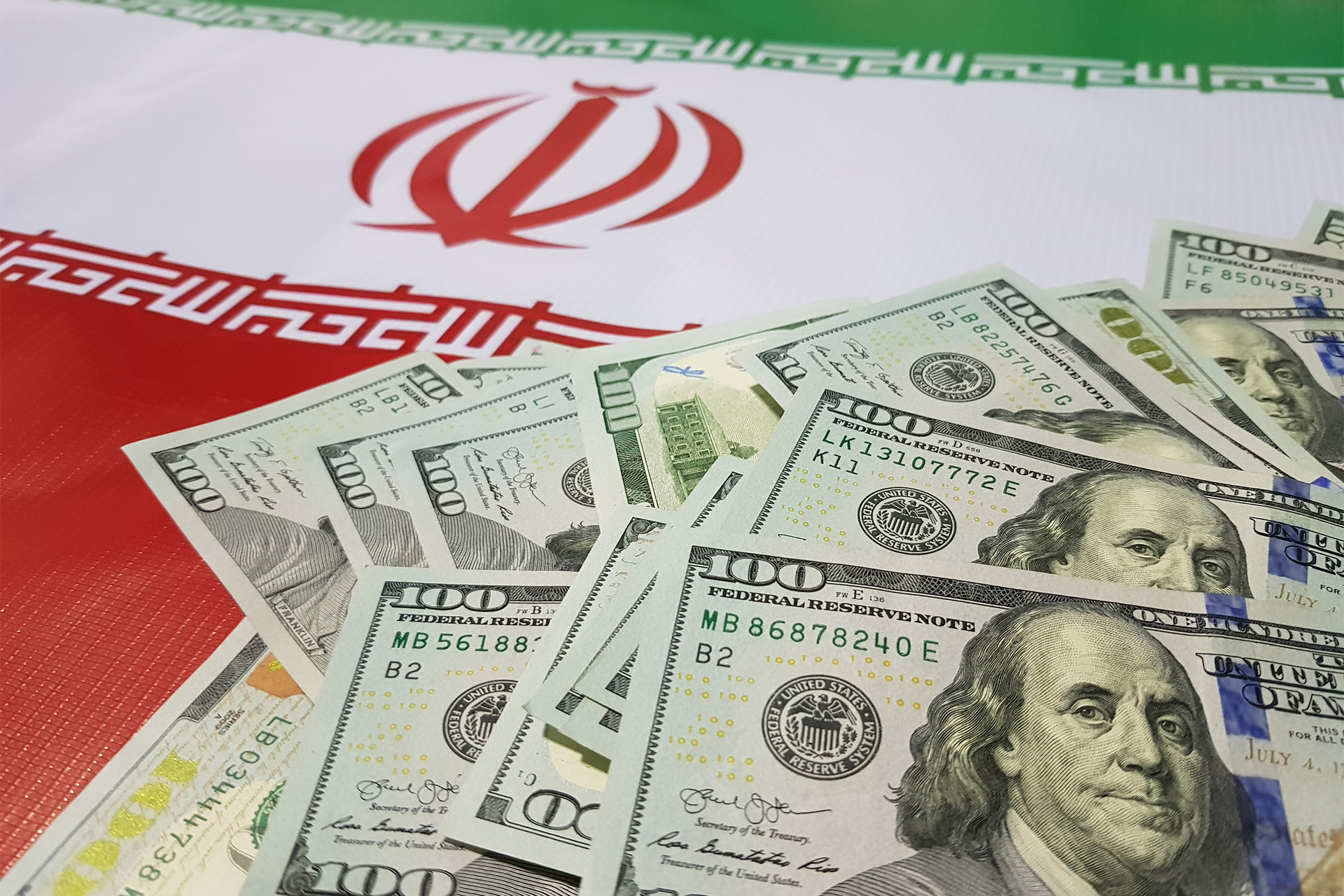It was announced in Tehran on Saturday the release of $ 3 billion of Iran's dues frozen in Iraq due to US sanctions, while Iranian President Ebrahim Raisi and his French counterpart Emmanuel Macron discussed the issue of the nuclear file and the lifting of economic sanctions imposed on Tehran.
Yahya al-Ishaq, head of the Iran-Iraq Joint Chamber of Commerce, said the money released from Iraqi banks would be spent covering the hajj season and buying some of the country's basic commodities.
Al-Ishaq considered that this event has a positive impact on the Iranian markets, as it addresses the needs of the Central Bank and the purchase of all basic commodities, noting that this breakthrough in the issue of foreign currency will significantly help stabilize the exchange market and basic commodities.
Iran's Frozen Funds
The Iraqi government has asked Washington to solve the problem of financial dues to Iran for its exports of gas and electricity to Iraq.
The Iraqi Foreign Ministry said in a statement that Iraqi Foreign Minister Fuad Hussein stressed – during his meeting with his US counterpart Antony Blinken in Riyadh a few days ago – the need to find a solution to this problem, because it directly affects the electrical sector in Iraq.
There are no official figures for the amount of Iranian funds frozen abroad, but unofficial figures indicate that there are about $50 billion each in China, Iraq, Japan and South Korea that cannot be transferred to Iran due to sanctions.
Raisi and Macron
In a related context, the Iranian president and his French counterpart discussed in a phone call on Saturday the issue of the nuclear file and the lifting of economic sanctions imposed on Tehran.
Mohammad Jamshidi, deputy director of the Iranian president's office for political affairs, said in a tweet that the two sides also discussed "ways to strengthen relations" between the two countries and "agreed on a roadmap for engagement," without elaborating.
In recent hours, Iran has denied reports that it is about to reach an interim agreement with the United States that would lift some sanctions in exchange for some restrictions on its nuclear program.
Iran's U.N. mission said there was no alternative interim agreement to the nuclear deal on the agenda.

